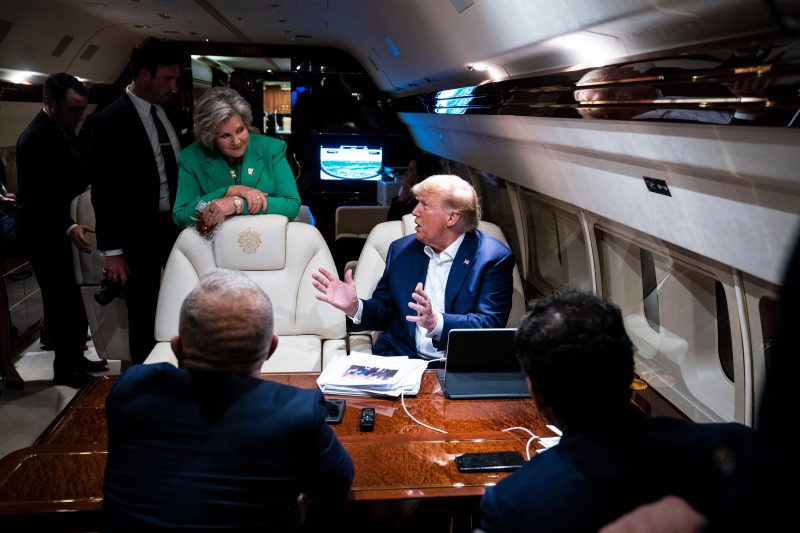In recent years, the political landscape has been fraught with controversy and scandal, particularly concerning the promise of draining the swamp in Washington D.C. made by former President Donald Trump. Nearly a decade ago, Trump promised to rid the government of corruption and inefficiency, presenting himself as an outsider who would bring about much-needed change. However, fast forward to the present day, and it appears that rather than draining the swamp, Trump himself is now swimming in it.
One of the key aspects of Trump’s campaign in 2016 was his pledge to tackle the entrenched corruption within the political establishment. He criticized the influence of lobbyists, special interests, and career politicians, vowing to upend the status quo and put power back in the hands of the American people. This promise resonated with many voters who were disillusioned with the traditional political elite and saw Trump as a disruptor who could shake things up.
Despite these bold claims, Trump’s presidency was marked by numerous instances of conflicts of interest, ethical violations, and questionable alliances. From appointing former lobbyists and industry insiders to key positions in his administration to refusing to divest from his vast business empire, Trump’s actions often ran counter to his promise to clean up Washington. His administration was marred by scandals such as the Ukraine controversy, the Stormy Daniels affair, and the Capitol insurrection, further undermining his credibility as a reformer.
Furthermore, Trump’s post-presidency activities have only deepened suspicions that he is more interested in personal gain than public service. His involvement in promoting conspiracy theories about the 2020 election, his repeated attacks on the media and political opponents, and his fundraising efforts for his political action committee have raised concerns about his true intentions. Rather than stepping back from the spotlight and allowing the new administration to govern, Trump continues to insert himself into the political discourse, further entrenching himself in the swamp he once pledged to drain.
The irony of Trump’s transformation from a self-professed swamp drainer to a swamp dweller is not lost on many observers. It serves as a cautionary tale about the complexities of governance and the seductive nature of power. The allure of the swamp, with its web of connections, opportunities for enrichment, and sense of importance, can easily ensnare even the most well-intentioned individuals.
As we reflect on the legacy of the Trump presidency, it is clear that the promise to drain the swamp was nothing more than a hollow slogan. The reality is that the swamp is far deeper and murkier than any single individual can hope to navigate. True reform and accountability require more than just rhetoric; they demand a sustained commitment to transparency, integrity, and the public good. Only by recognizing the pitfalls of the swamp and striving for genuine change can we hope to create a government that truly serves the interests of all Americans.

